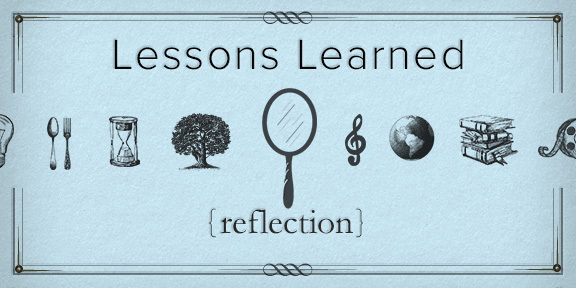The Magnitude of Our Decisions by Margaret Klaw
By Margaret Klaw

Editor’s Note: Margaret Klaw is a founding partner of Berner Klaw & Watson, a family law firm in Philadelphia, PA. Named by Martindale-Hubbell as a “Preeminent Woman Lawyer,” she has been recognized as a Pennsylvania “Super Lawyer” for the past five years, and is an adjunct professor of family law at Temple University’s Law School. When Klaw heard about Biographile’s Lessons Learned series – a month of authors sharing lessons learned while writing their book – she weighed in with a very powerful one of her own that she learned while writing her book, Keeping It Civil: The Case of the Pre-nup and the Porsche & Other True Accounts from the Files of a Family Lawyer. See all posts in Biographile's Lessons Learned series here.
I am obsessed with the topic of women’s economic self-sufficiency. When I was in my early twenties, I thought it was important, as an abstract principle, for women to be able to support themselves; however, practicing family law for close to three decades has made me see up close the devastating effect that total dependence on a husband can have.
I was never surprised by women older than me who embraced a traditional homemaker role at a time when other options weren't really on the table. But I have found myself continually surprised by the large number of clients I represent who are my age and younger – women raised with the expectation that they would have careers, women with college or graduate school degrees – who never seriously entered the workforce and instead found themselves at age forty or fifty with no ability to earn a living. This may work fine within a marriage, but when the marriage fails, it’s a recipe for disaster. Women in this position are often paralyzed by the fear of not being able to pay the bills, of having to work at Starbucks (if they can even get hired), because their twenty-year-old liberal arts degrees are not going to qualify them to do anything that pays more than twelve dollars an hour.
I handle these cases frequently. I’ve done my job – well, I hope – getting my clients the highest level of financial security possible under these circumstances. But I’ve always distanced myself from their plight. After all, I’m a lawyer. It would be different if my marriage ended. I have the means to support myself and my children.
That distance dissolved when I began writing Keeping it Civil, a book about cases and issues in my family law practice. When I paused to reflect on this topic – how do educated women end up this way? – I found myself thinking back to the early years of my own marriage. I had my first child when my husband, having just put me through law school, was beginning a three-year graduate program. There was no question that I had to keep working. To my total surprise (my naiveté was astonishing), I was devastated when my brief maternity leave came to an end, envious of friends who had the good fortune to be able to stay home with their babies. Had my husband been employed instead of in school, it would have been extremely tempting to quit my job – just for a year or two. But then, we would have decided to have our second child, so I probably would have postponed a return to work until after that birth. And before I knew it, my husband’s career would have been building nicely and my one-year of practicing law would be fading rapidly into the background, leaving me insecure about my minimal professional skills but increasingly confident in my role as a stay-a-home mom. My clients, I realized as I examined this issue on the page, are not different from me. The divergent paths we took were driven by happenstance, not conscious plan.
Despite representing these clients for years, it was the act of writing about them that made me get this, inside. And now, as I watch my daughters take on their twenties with a wonderful mixture of grand ambition and, like their mother, astonishing naiveté, I see what they cannot. I see the different paths stretching before them, and I understand that choices that might seem reasonable when made could have serious unintended consequences. I can see, and I can tell cautionary tales, but I can’t control. So I take the lesson learned from my clients and I wish hard for my daughters: I wish for them good judgment, good luck, and a good income of their own.
For all Lessons Learned articles, visit the archive.
